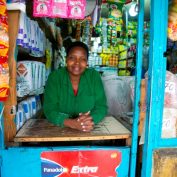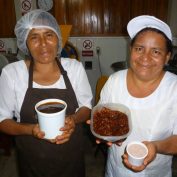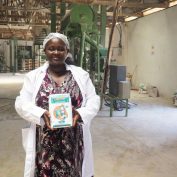
Financial and Technical Assistance Helps Vital African Food Businesses Weather COVID-19 Pandemic
Support from Visa Foundation and the Coalition for Farmer-Allied Intermediaries helped food processors in Ethiopia, Kenya, Tanzania, and Zambia weather the crisis







